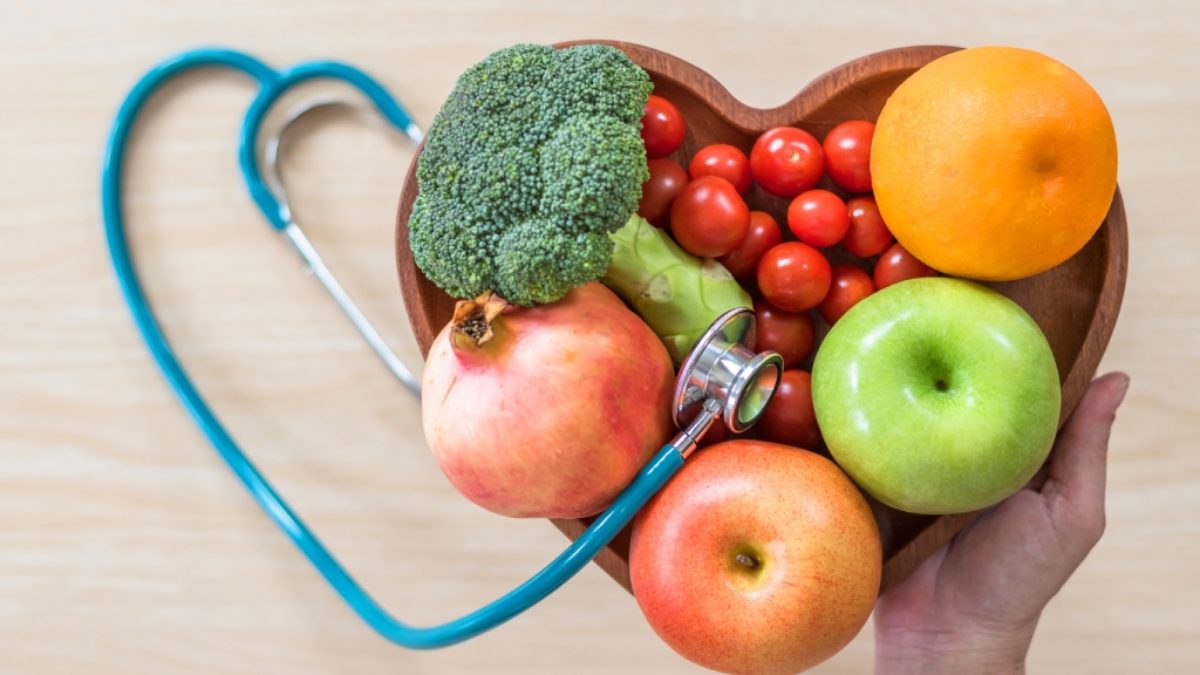Love your heart with all your heart
Our hearts are at the very centre of our existence. Without them, the blood we need pumped around our bodies in order to live would stagnate in our blood vessels. Shockingly, however, South Africa has some of the highest per capita death rates of heart-related illnesses. The Heart and Stroke Foundation of South Africa explains that over 200 people die from heart disease in this country every day, while there are also 10 strokes every hour – that’s 1 every 6 minutes. President of the South African Heart Association, Dr Liesl Zühlke, has warned that heart disease is one of the top three killers in sub-Saharan Africa. The biggest cause? Rapid urbanisation, which has led to the rise of developing megacities with their abundance of greasy fast foods, easy access to sugar, alcohol and cigarettes, and the increase in sedentary lifestyles brought about by the use of cars, computers and other digital devices. Coupled with a rise in income and standards of living, which means easily connecting to ‘the good life,’ the consequences for our health have been rather dire, from coronary heart disease to coronary artery disease (ischaemic heart disease) and metabolic syndrome. But there is good news. As you have read above, most of the problems with our hearts stem from an unhealthy lifestyle, and as this is just part of the bad habits we have developed, it can be changed. Up to 80% of heart disease can be prevented if we simply live healthier – and that includes making healthier food choices. Here are 3 simple steps you can take, to make it right with your heart:
1. Lose the beer gut
Obesity is the biggest threat to your heart’s health. As delicious as food can be, eating more than the 2,000 calories your body needs each day (less if you’re a petite woman, more if you’re a strapping man) leads to a multitude of troubles, from hypertension (high blood pressure) to diabetes and some cancers. Daily consumption of fruit and vegetables is important. The most dangerous fat that develops is around the stomach area, and this is what you must watch out for most. BMI figures here are very helpful. BMI stands for body mass index, which indicates if your weight is in proportion to your height. To calculate your BMI, divide your weight by your height squared. Thus, if you are 1.8m tall and you weigh 100 kilograms, then the calculation is 1.8 x 1.8 = 3.24. Divide 100/3.24 = 30.86. This is your body mass index. A BMI of less than 18 is considered underweight; a BMI of 18-25 is considered normal; 25-30 is overweight; 30-35 is obese; and 35+ is morbidly obese. If your BMI is over 25, you are at risk of developing heart disease. Two of the biggest consequences of being overweight are hypertension (high blood pressure) and diabetes. High blood pressure is the single biggest risk factor in developing heart disease. As many as a third of South African adults have high blood pressure; some 10% of the population as young as the age of 15-plus are on their way to developing it; and some 30% of adults over the age of 18 have the condition in sub-Saharan Africa, which is much higher than the global average of 22%. High blood pressure, which can lead to heart attack and stroke, is also known as the silent killer, because its symptoms are not immediately obvious. If you are over 40, have a BMI over 25, smoke, or are unfit, you should immediately see your doctor to have your blood pressure checked. Anything higher than 120/80 is considered risky. Being overweight is also likely to lead to diabetes, which is another no-no. A person with diabetes is twice as likely to develop heart disease as someone who does not have the condition. Monitor your eating habits and keep an eye especially on sugary and greasy foods.
2. Say no to tobacco
Like junk food, tobacco products are loved by many, but are just as bad for you. These include chewing tobacco, smoking a pipe, snuff and e-cigarettes. If you started smoking when you were younger and/or you are a woman, your risk factors are also higher. There is a strong link between cardiovascular disease and smoking. The propensity for the body to develop plaque on the arteries, which can lead to strokes or heart attacks, is directly linked to smoking and high levels of bad cholesterol. This condition, known as atherosclerosis, leads to a narrowing of the arteries due to a fatty build-up on the artery walls, which restricts the flow of blood. If a clot develops or the blood flow is severely restricted, this may lead to a stroke or a heart attack. Testing for high cholesterol is done by a trained medical professional. Make an appointment with your doctor to see if you are at risk.
Learn more about how smoking affects your heart here.
3. Walk off the calories
If you are inactive and sedentary, your chances of developing heart disease or having a stroke increase by as much as 50%. Further research has shown that taking in a moderate level of exercise most days of the week is required, especially as we age. This should ultimately translate into 150 minutes of exercise each week (or 30 minutes, 5 days of the week), and should include a combination of resistance training (weights) and cardiovascular exercise to get your heart rate up. Ironically, the heart and the body like to be used – so rather than wearing out as you age, if you work your heart and your body’s muscles and bones, they actually get stronger.
Love your heart. It’s the only one you’ve got.
Read more about Lenmeds cardiology accreditation here.
The lenmed Group is a world-class chain of Private Hospitals that brings quality healthcare to communities across Southern Africa.
For more information please contact:
Dr F Amod
Specialist Physician
MB ChB, FCPath(micro), FCP (medicine)
Shifa Private Hospital
Tel: +27 (0) 31 240 5260
Email: [email protected]
Disclaimer: Any information contained here is merely a guideline. Always visit your healthcare practitioner for any health-related advice or diagnosis.
















